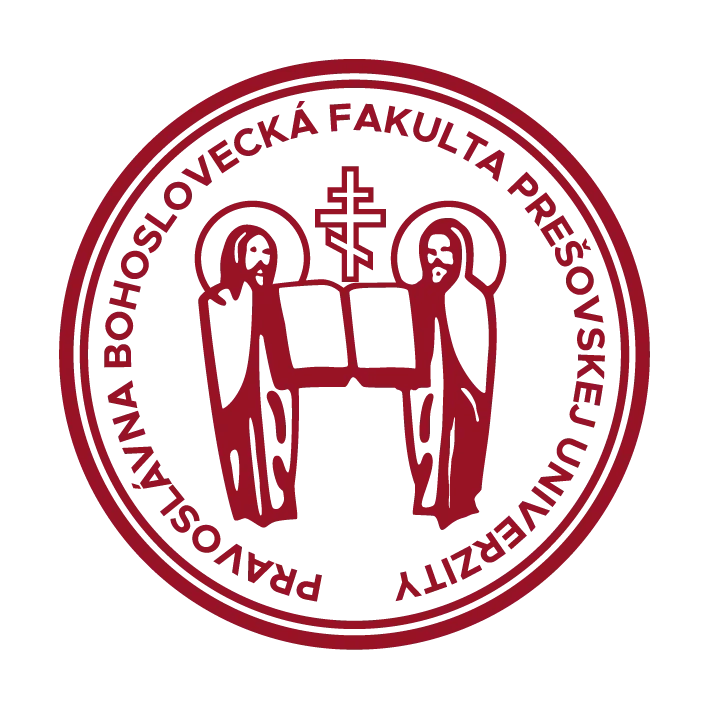Editorial - Acta PATRISTICA, volume 14, issue 29/2023
Dear colleagues.
We are pleased to present the latest issue of our magazine. In the individual studies, the authors present their findings in the fields of church history, theology, social work, astrophysics, Christian pedagogy and Christian art. The first study deals with the ideas of freedom that emerged in the social sphere after the revolution in Slovakia in 1989. The author focuses on the phenomenon of freedom from the perspective of laws and their implementation in the social policy of the state in practice. The second article describes the concept of the "Fermi paradox" theory, which emerged in the first half of the 20th century. The author also provides a philosophical analysis of the theory of the possibility of extraterrestrial life, which today has a huge following not only among astrophysicists. Next, the author presents a historical perspective on the results of the Trullo Council and analyses selected resolutions. The fourth article presents an analysis of the theme of faith in the text of the great canon of Andrew of Crete. In his famous work, the Christian hymnographer concentrates the thoughts of the Holy Fathers on faith. The author of the next study adds to the previous theme by describing the differences in the application of the decisions of the Council of Trullo in the Roman part of Christendom. The next article takes up the theme of Christian pedagogy and presents the different stages of Christian catechesis. The penultimate study is the result of the authors' work on the motivation of students to study social work. The last study deals with Christian art. The author begins with a brief look at the development of iconography in the academic environment of the Theological Faculty in recent years. At the same time, he presents selected possibilities for the use of iconography on the basis of projects carried out at home and abroad.
We believe that the studies in this issue will enrich your intellectual perspectives with new knowledge that you can use in your creative scientific and academic work.
Pavol Kochan (editor)
